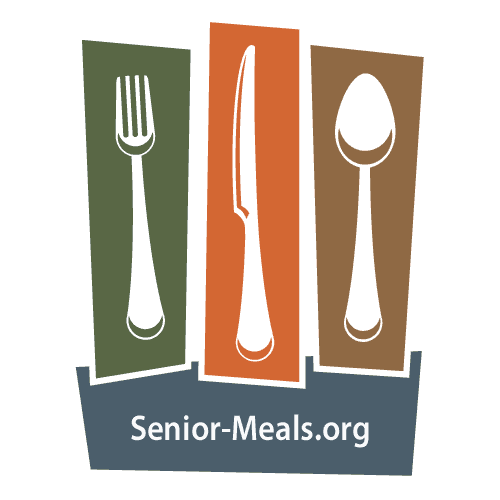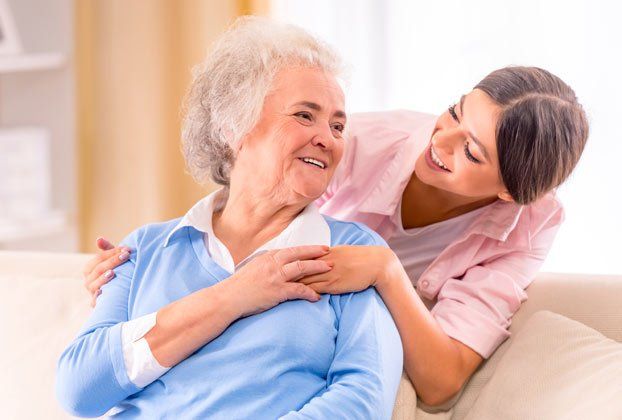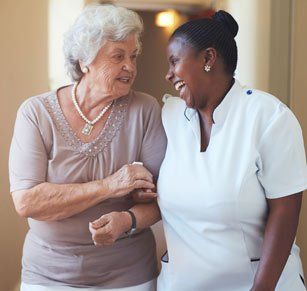Care for Seniors
Care for Seniors - Tips for Family Caretakers by Senior-Meals.org
Professional Senior Care Options
Caring for seniors and the elderly usually starts with running a few errands and helping out two or three times a month. Months, sometimes even years later, the caregiver finds that what once was just a few errands has turned into a full-time job.
We understand. Our goal is to provide you with the information you need to arrange the best possible in-home care for seniors and in-home care for elderly loved ones in your life. You may not be ready to take action right now, but it is important to educate yourself on all the complexities of what insurance and state programs cover, their eligibility requirements, and extent of their coverage.
We hope you can leverage our experience and in some small way we can help you provide the best care possible for your loved one.
In-Home Care for Seniors
When searching for in-home care for senior loved ones, there are many options. Most of these are designed specifically for seniors age 65 or older.
- Family Caregivers - As long as someone in the family has the time to devote to caring for a senior, family caregivers are a wise choice for in-home care. Using members of the family is inexpensive. Additionally, the senior is generally more comfortable with family caregivers than with strangers.
- Senior Companions - Senior companions can provide light housework, stimulating conversation, and light medical care to seniors. Senior companions provide care within the home and in assisted living facilities as well as independent living communities. Senior companions are best used when there are few urgent medical needs and little need for round-the-clock care.
- Telephone Assurance - The Telephone Assurance Program, TAP, uses volunteers to make regularly scheduled phone calls to seniors. TAP offers the seniors a chance to bond with a volunteer. The phone calls are both well-being checks and opportunities for socialization.
- Assisted Living - Assisted living provides a combination of housing facilities, personal care services, and medical services. Assisted living is an ideal type of in-home care for senior loved ones. It combines independent living with a touch of help and many resources.
- Independent Living - For seniors who can take care of themselves but need just a little help with the housekeeping and grounds keeping, independent living is the logical choice. Seniors get the luxury of privacy and independence, along with the security of not being isolated.
Shared Services for Seniors and the Elderly
Home care for seniors and home care for older adults can cross some of the same borders.
- Private Caregivers - Home caregivers can provide services to both the elderly and seniors. Having someone as a home caregiver ensures the elderly or senior person gets to stay in his or her own home.
- Visiting Nurses - Visiting nurses make periodic visits to the home. While primarily used by the elderly, many seniors who suffer from an injury or illness may also receive the services of a visiting nurse. Visiting nurses keep charts on their patients and work with a doctor to provide quality care.
- Respite Care - Respite care is designed to give a "time-out" and short break to those who provide home care for seniors and home care for elderly family members. Often, respite care offers senior companions to take care of loved ones while family caregivers take a vacation.
- Continuing Care - Continuing care is used by both seniors and the elderly. Often a senior enters continuing care by enrolling in the independent living program. Once additional care is needed, an assisted living program can be entered, and finally, a nursing home. Continuing care provides all three levels of care.
- Home Health Aides - Home health aides, are usually certified nursing aides who provide complete care to seniors and the elderly. Home health aides often work under the supervision of licensed nurses, doctors, and social workers.
In Home Care for the Elderly
- Nursing Homes - While strictly speaking, nursing homes are not in-home care for older adults, they are no longer the final destination for them. Nursing homes now function to provide rehabilitative services to the elderly before sending them home.
- Hospice Care - Hospice Care can be used by seniors as well as the elderly. However, hospice care is designed for those at the end of life, which is generally the elderly. Compassionate and caring, hospice care ensures your elderly loved one can exit the world with dignity.

Our reviews are written only
from the viewpoint of a family caretaker who has the responsibility of feeding one or two senior or elderly loved ones. We take into consideration shipping, packaging, storage, reheating, food quality, and price per meal to determine if the meal delivery service is a good value, convenience, and an option to support their family caretaking responsibilities. Advertisers do not influence our reviews.
Copyright 2013 Senior-Meals.org All Rights Reserved. Art commercially licensed through Shutterstock. Senior-Meal.org reviews are not influenced by Advertisers.
Submitting reviews or comments through the use of forms on the website permits us to publish the content you choose to share in your correspondence.




